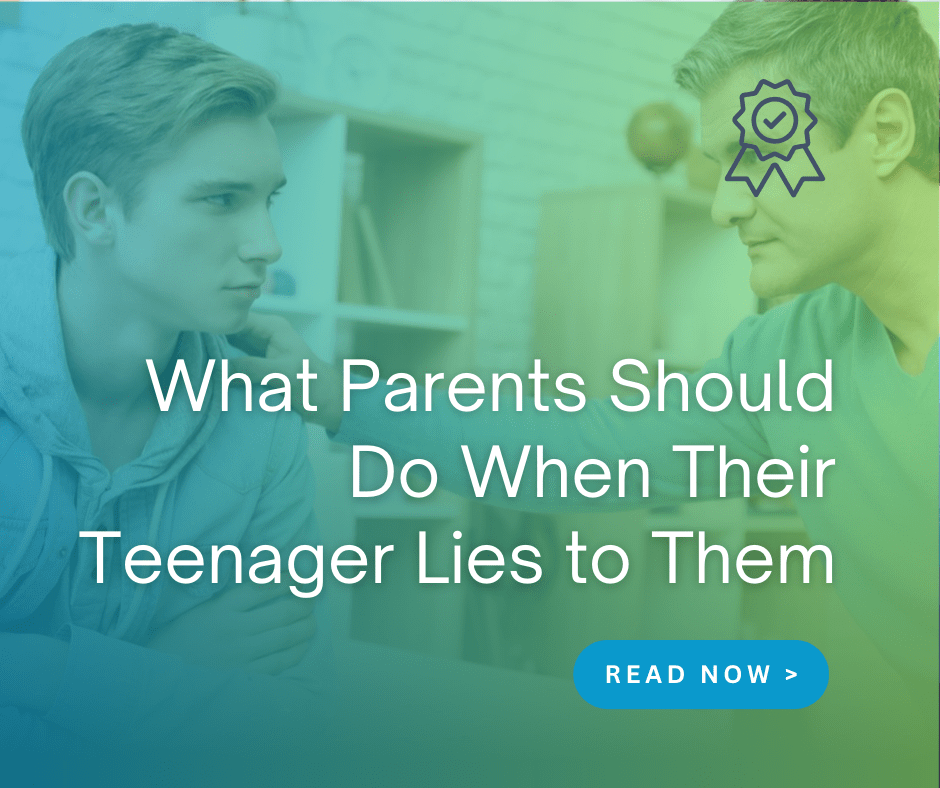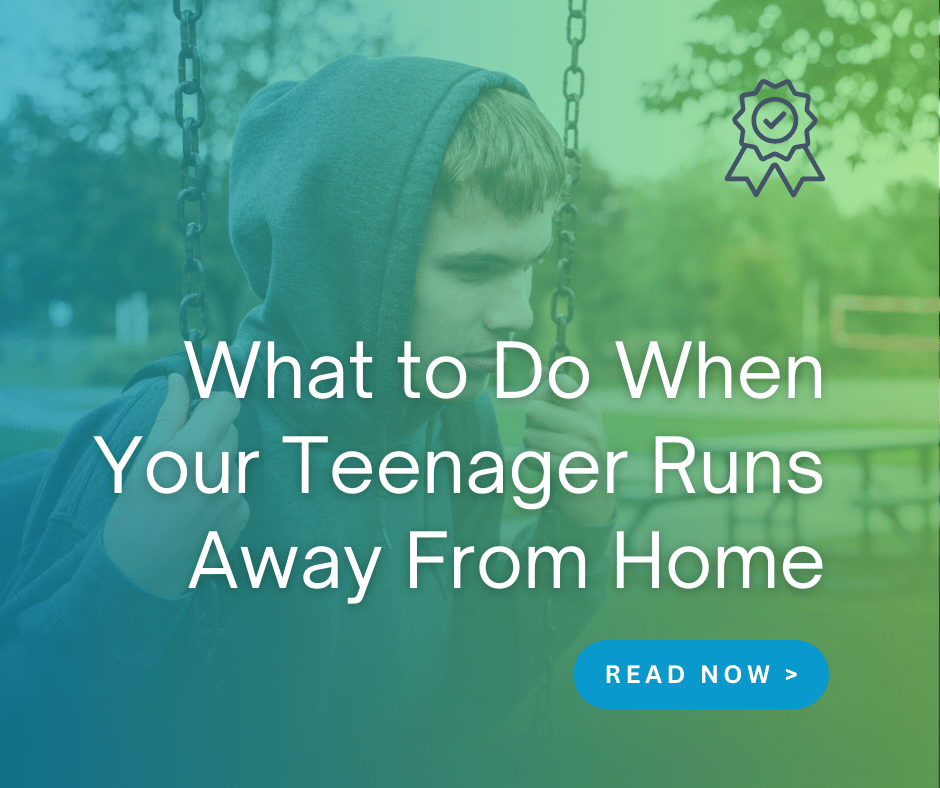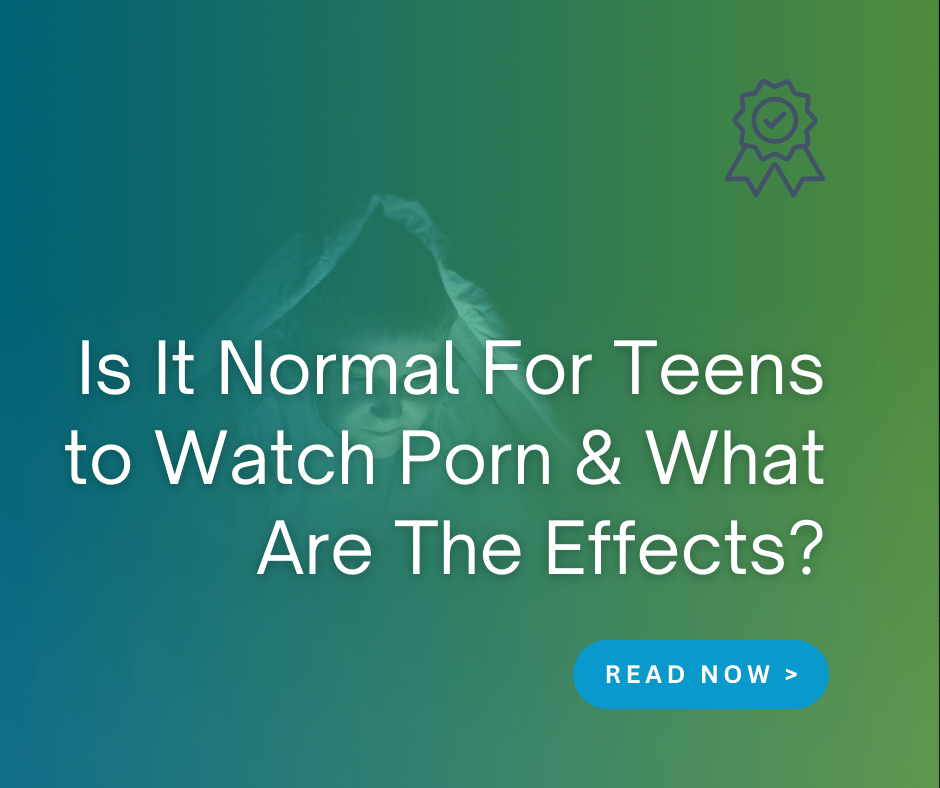You know you have depression.
You might have been diagnosed with major depressive disorder (MDD).
But what happens when other people minimize or discount your depression?
What if they don’t believe you at all?
Friends, family, peers, or even strangers may tell you that your depression isn’t real. They might say most people with depression have it worse than you. They may claim that if you were really depressed you wouldn’t be doing ABC – which you are doing. Or you would have to be doing XYZ – which you’re not.
Or worse, people might claim you’re pretending to be depressed just for the attention. They may point out instances when you seem happy or cheerful and compare them to your situation now.
These statements are extremely invalidating. They may even cause niggling doubts in you. YOU might start thinking things like:
What if these people are right?
Maybe I don’t actually have depression?
What to Do When People Minimize Your Depression
In previous articles, we’ve discussed what to do when you doubt whether your depression is real. We’ve offered tips about how to handle this doubt – when it comes from inside.
But there are also strategies you can use when other people judge your depression or invalidate it completely.
First, we suggest avoiding toxic people as much as possible. By toxic, we mean people who make you feel worse about yourself. They’re not healthy to be around. If they can’t give you emotional support, that’s one thing. But if they push you down by doing something like minimizing your depression, it’s better for you to stay away from them.
Of course, sometimes this is easier said than done. When a best friend or a sibling is the one doing the minimizing, it might be hard to avoid interacting with them – though you can try your best, of course. For help with handling toxic friends, read our article here.
There’s another thing to consider: sometimes people genuinely don’t realize their comments are insensitive or damaging. You can try communicating with your friend about how these comments hurt you.
Try something like this:
“When I hear you say ____, it makes me feel worse.
I’d appreciate it if you would not say that to me again.”
We understand it can be awkward to confront someone when they make judgmental comments. If it’s too difficult to do it in person, try email or text instead. Be polite but firm, and if they don’t stop, just repeat the statement.
Also, people often say things because they don’t know all the facts. So, for example, someone who asks “How you can really be depressed if you’re not staying in bed all day?” obviously doesn’t have all the information they need. They don’t realize that every case of depression is different and that symptoms manifest differently in each person.
If you have people like this in your life, encourage them to read this article (the one you’re reading now), or one of our other articles on depression. Hopefully, they’ll realize their perspective was limited and/or based on inaccurate knowledge.
My Parents Don’t Think Depression is Real
It’s a bit more difficult when the person doubting your depression is your parent. If your mom or dad don’t believe that you really have depression, or they minimize it, it can really hurt.
Many parents, especially those who raised in an environment that minimized mental health, or ignored it altogether, have a hard time acknowledging or accepting mental health symptoms that appear in their children. They also have trouble recognizing them in themselves – but that’s a different topic for a different article.
If this is the case with your parents, try to get a professional involved. Ask your parents if they can take you to get a clinical assessment from a mental health professional. Also, ask them if they’ll go to family therapy.
If they refuse, you can reach out to your school counselor or another responsible adult like a teacher or the parent of a friend or peer you trust. In the best case scenario, they’ll try to talk to your parents and get them to arrange therapy. In more serious cases, the mental health professional may even recommend an intensive outpatient program, partial hospitalization program, or residential treatment center for adolescents that specializes in depression.












